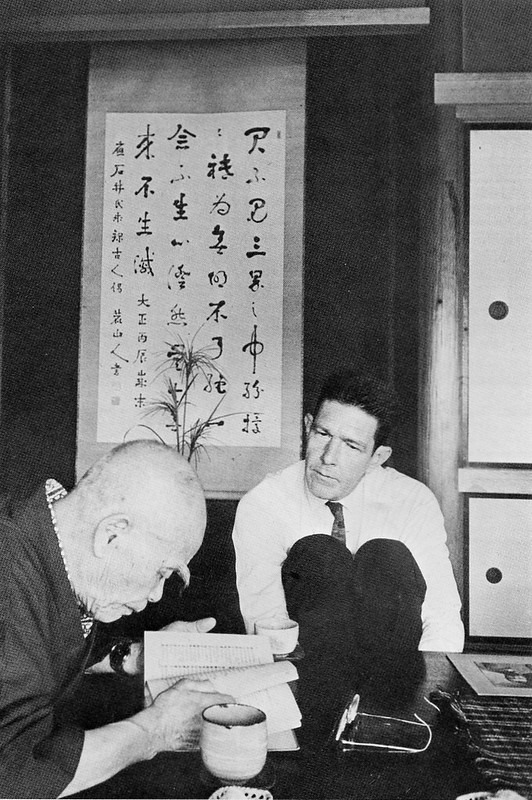Zen Buddhism in California
Mapping the spread of Buddhism to the West Coast of the United States, and the Santa Barbara Zen Center's place in this history
Overview
Zen Buddhism in the U.S. has came a long way. As we learned from our visit to the Santa Barbara Zen Center, this history is not a linear one. Our research also suggests that, to have a better understanding of the existence of SBZC, we might need to take a step back and examine the larger story that brought Zen to Santa Barbara.
Our map, therefore, will serve as an simplified roadmap of Zen Buddhism's spread in the U.S., focusing in California, where most of the major Zen Centers were first established.
First Zen Centers in California
As the influence of Zen Buddhism continued to expand, a growing number of native-born Americans became practitioners and even converts. As a result, Japanese teachers began developing Zen Centers in the U.S., mostly in California.
Several major Zen Centers that still exist today are shown here on the map.
Roughly, each of them represent one of the main dominant Zen lineages in California.
Sōtō Zen, represented by San Francisco Zen Center, founded by Shunryū Suzuki (1904-1971) in 1962.
Sōtō Zen. Houn Jiyu-Kennet (1924-1996) was born and raised in England, where she went to college in London and met D.T. Suzuki. After studying Sōtō Zen in Soji-ji, Japan, she traveled to America in 1969 to spread the dharma.
She founded the Zen Mission Society in San Francisco in the same year, and Shasta Abbey Buddhist Monastery in 1970.
Rinzai Zen. Kyozan Joshu Sasaki (1907-2014) came to America in 1962 and established the Rinzai-ji order in Los Angeles area.
Taizan Maezumi (1931-1995), and his mixed teaching of Sōtō, Rinzai, and Sanbo Kyodan. Maezumi founded Zen Center of Los Angeles in 1967.
As we learned from our interview with members of Santa Barbara Zen Center, not all Zen institutes in California are directly connected. They have different founders and sponsorship networks. But on a broader scale, they are parts of the same story.
Timeline
1962
Shunryū Suzuki founded San Francisco Zen Center
1967
Taizan Maezumi founded Zen Center of Los Angeles
1967
Berkeley Zen Center founded
1968
Joshu Sasaki founded Rinzai-Ji Zen Center in Los Angeles
1973
SB Zen Center founded
Zen Centers Today
By delving into the past, we could discern the route through which Zen Buddhism gradually spread over California. Such presence of lineage can be felt in many Zen Centers today, though their repertoires of daily practice might seem differrent.
References
Burgan, Michael. Buddhist Faith in America. Facts on File, Inc., 2003.
Tworkov, Helen. Zen in America : Five Teachers and the Search for an American Buddhism. New York: Kodansha International, 1994. Print.
